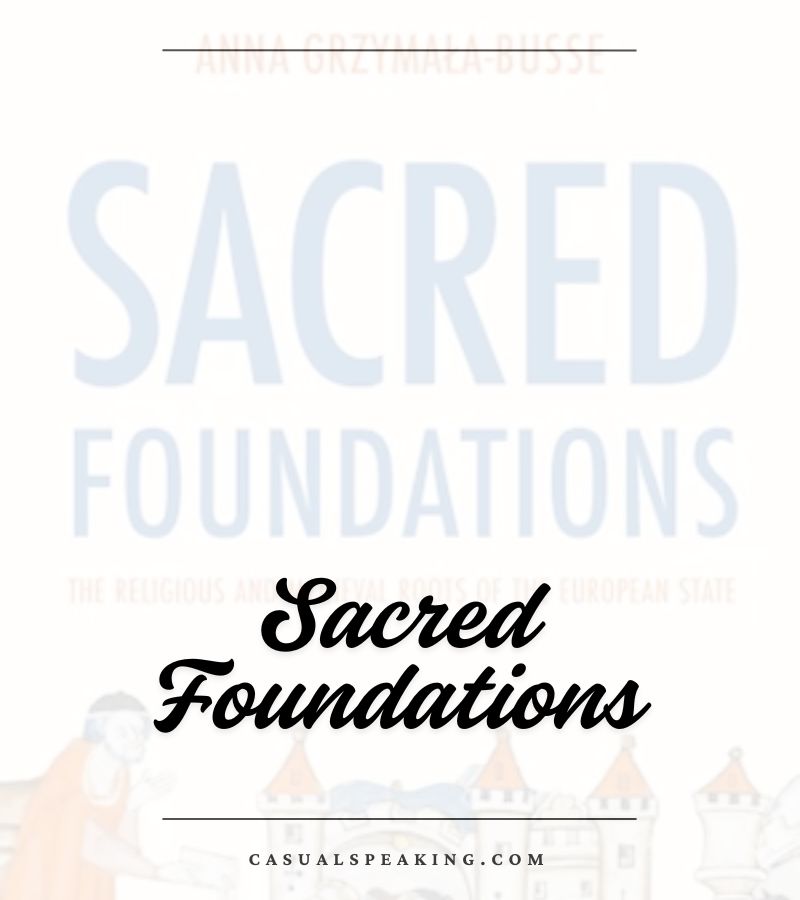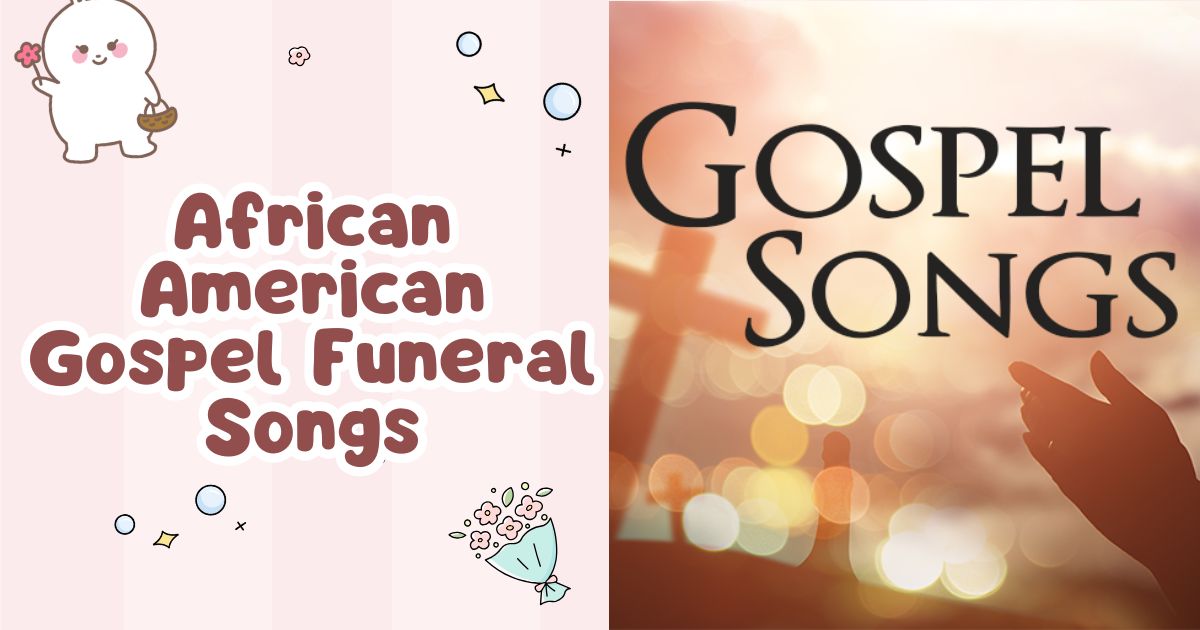When grief meets glory, African American gospel funeral songs transform sorrow into celebration. These powerful musical traditions bridge earthly mourning with heavenly hope, creating sacred spaces where communities heal together. Through decades of struggle and triumph, these melodies have carried countless souls from despair to divine comfort.
Historical Roots: From Plantations to Sanctuaries
African American gospel funeral songs emerged from the crucible of slavery, where enslaved people created spiritual expressions that transcended their physical bondage. These early funeral hymns drew from West African call-and-response traditions, biblical narratives, and the harsh realities of plantation life. Songs like “Swing Low, Sweet Chariot” and “Deep River” weren’t just musical expressions—they were coded messages of hope, resistance, and ultimate liberation through death or escape.
The evolution from field hollers to church sanctuaries marked a pivotal transformation in Black funeral music traditions. Following emancipation, newly freed communities established churches that became cultural preservation centers. These sacred spaces nurtured the development of distinctly African American funeral song traditions, blending African rhythmic patterns with Christian theology. The Great Migration further spread these musical customs across America, creating regional variations while maintaining core spiritual elements that continue defining gospel funeral music today.
- Read More: 40 Most Popular Funeral Songs
Sacred Foundations: Theology Through Melody

African American gospel funeral songs express profound theological concepts through accessible melodies that comfort grieving hearts. These compositions frame death not as finality but as “homegoing”—a joyous transition from earthly struggle to heavenly peace. Biblical references permeate lyrics, with promises from Revelation, Psalms, and John’s Gospel providing scriptural foundation for hope beyond the grave.
The call-and-response tradition inherent in Black gospel funeral music creates communal healing experiences where individual grief becomes collective strength. When a soloist declares “I’ll fly away, oh glory,” the congregation’s response affirms shared faith in resurrection promises. This musical dialogue transforms funeral services into participatory worship, where mourners actively engage their pain through sacred song rather than passively enduring silent suffering.
Musical Elements: The Anatomy of Sacred Sound
Gospel funeral songs feature distinctive vocal techniques that distinguish them from other musical genres. African American singers employ melismatic runs, blue notes, and dynamic crescendos that convey emotional depths words alone cannot express. These vocal embellishments aren’t mere decoration—they’re spiritual technologies that transport listeners from natural grief into supernatural comfort.
Instrumental arrangements in traditional African American funeral music typically feature piano, organ, drums, and bass, creating rhythmic foundations that encourage physical participation. The syncopated beats invite swaying, clapping, and movement that transforms static mourning into active celebration. This embodied worship acknowledges that grief affects the whole person, requiring musical ministry that engages body, mind, and spirit simultaneously.
Contemporary Classics: Essential African American Gospel Funeral Songs
Timeless Hymns That Transcend Generations
| Song Title | Composer | Key Themes | Common Usage |
| “Precious Lord, Take My Hand” | Thomas Dorsey | Divine guidance, comfort | Processional, meditation |
| “Amazing Grace” | John Newton | Redemption, hope | Opening hymn, congregational singing |
| “I’ll Fly Away” | Albert Brumley | Liberation, heaven | Celebration of life services |
| “When We All Get to Heaven” | Eliza Hewitt | Eternal reunion | Closing hymn, community comfort |
“Precious Lord, Take My Hand” stands as perhaps the most beloved African American funeral hymn, born from Thomas Dorsey’s personal tragedy when his wife and infant son died during childbirth. This masterpiece transforms raw grief into surrendered trust, with lyrics that acknowledge human frailty while affirming divine strength. The song’s slow, deliberate melody allows mourners to process emotions while declaring faith in God’s guiding presence through life’s darkest valleys.
“Amazing Grace” transcends denominational boundaries within Black funeral traditions, offering universal messages of redemption that resonate across diverse congregations. While not originally composed by African Americans, this hymn found profound expression through Black gospel interpretations that emphasize grace’s power to transform both individual lives and collective struggles. Its familiar melody provides comfort during shock, while its theological depth sustains faith through extended grieving processes.
Modern Gospel Anthems for Funeral Services
Contemporary African American gospel artists continue expanding funeral music repertoires with powerful ballads that speak to modern grief experiences. Kirk Franklin’s compositions blend traditional gospel elements with contemporary production, creating funeral songs that appeal to younger generations while honoring ancestral musical wisdom. Songs like “My Life Is in Your Hands” provide fresh expressions of timeless surrender themes.
Yolanda Adams’ powerful vocals and inspirational lyrics have made songs like “Open My Heart” popular choices for celebration of life services. These modern gospel funeral selections address contemporary concerns—sudden loss, chronic illness, family dysfunction—while maintaining hope-centered messages that characterize traditional African American spiritual music. The fusion of hip-hop rhythms with gospel harmonies creates culturally relevant funeral music that honors both heritage and innovation.
Cultural Impact: Beyond the Sanctuary Walls

African American gospel funeral songs influence extends far beyond church walls, shaping popular culture through film soundtracks, television portrayals, and celebrity memorial services. Movies like “The Color Purple” and “Sister Act” introduced mainstream audiences to the transformative power of Black gospel funeral music, while documentaries preserve historical recordings that might otherwise disappear.
Social media platforms now facilitate global sharing of funeral song performances, creating virtual communities where people experience African American gospel traditions regardless of geographic location. YouTube channels dedicated to traditional Black funeral hymns attract millions of views, demonstrating widespread hunger for authentic spiritual expression during times of loss. This digital preservation ensures future generations can access musical heritage that previous eras risked losing.
Practical Guidance: Selecting African American Gospel Funeral Songs
Choosing Appropriate Songs for Different Service Types
Traditional funeral services typically feature hymns like “Blessed Assurance” and “It Is Well with My Soul,” which emphasize theological certainty amid uncertainty. These classic gospel funeral songs provide familiar melodies that encourage congregational participation while maintaining reverent atmospheres appropriate for grieving families.
Celebration of life services often incorporate more upbeat African American gospel selections such as “Oh Happy Day” and “Victory Is Mine,” emphasizing triumph over tragedy rather than dwelling on loss. These contemporary gospel funeral songs reflect cultural shifts toward viewing death as graduation rather than termination, celebrating completed earthly journeys while anticipating heavenly reunions.
Working with Musicians and Worship Leaders
Successfully incorporating live gospel music into funeral services requires clear communication between families and church musicians about expectations, song preferences, and performance styles. Many African American churches maintain rosters of skilled musicians who specialize in funeral gospel music, understanding both technical requirements and emotional sensitivities involved in memorial performances.
Budget considerations often determine whether families choose live musicians or recorded accompaniment for gospel funeral songs. While live performances create more dynamic, responsive worship experiences, high-quality recordings can provide consistent sound quality and eliminate potential technical difficulties during emotionally charged services.
Emotional Dimensions: Music as Healing Ministry
Participating in gospel singing during funerals provides measurable psychological benefits that promote healthy grieving processes. Research demonstrates that communal singing releases endorphins, reduces cortisol levels, and activates brain regions associated with social bonding and emotional regulation. African American gospel funeral traditions intuitively understood these therapeutic mechanisms long before scientific validation confirmed music’s healing properties.
Familiar melodies serve as emotional anchors during grief’s disorientation, providing stability when everything else feels uncertain. When mourners sing “blessed assurance, Jesus is mine,” they’re not just declaring theological positions—they’re engaging muscle memory, breath control, and vocal expression that physically calm nervous systems overwhelmed by loss. This embodied comfort explains why traditional African American funeral songs remain popular despite changing musical tastes.
Modern Adaptations: Evolving Traditions for New Generations

Contemporary African American gospel artists face the challenge of creating funeral-appropriate music that honors traditional values while speaking to modern experiences. Artists like Tasha Cobbs Leonard and Jonathan McReynolds produce worship songs that address mental health, social justice, and generational trauma—themes relevant to today’s funeral contexts but absent from historical gospel funeral repertoires.
Technology integration in modern funeral services includes live streaming capabilities that allow distant family members to participate in gospel singing remotely. Digital platforms enable creation of personalized funeral playlists combining traditional African American hymns with contemporary selections, while professional recording equipment preserves special musical moments for future remembrance.
Preservation and Legacy: Keeping Traditions Alive
Academic institutions and cultural organizations work tirelessly to document and preserve African American gospel funeral song traditions through recording projects, oral history initiatives, and educational programs. The Smithsonian Center for Folklife and Cultural Heritage maintains extensive archives of traditional Black funeral music, ensuring future researchers can study these irreplaceable cultural treasures.
Community-based preservation efforts include church programs that teach young people traditional gospel funeral songs alongside their historical contexts and spiritual significance. These intergenerational transfer programs recognize that musical heritage dies when elders pass away without sharing knowledge with younger generations. Successful preservation requires both formal documentation and living transmission through continued practice and performance.
Conclusion
African American gospel funeral songs represent far more than musical entertainment during memorial services—they embody centuries of faith forged through unimaginable suffering and sustained by unshakeable hope. These sacred melodies transform individual grief into communal strength, earthly sorrow into heavenly anticipation, and temporal loss into eternal gain.
The enduring power of Black gospel funeral traditions lies in their ability to meet mourners exactly where they are while gently lifting them toward where they need to be. As new generations inherit these musical legacies, they carry forward not just songs but entire worldviews that frame death as doorway rather than dead end, separation as temporary rather than permanent, and grief as preparation for glory rather than resignation to despair.

Lyric lover, word weaver, and music soul behind Casualspeaking.Com. I decode emotions into verses, one line at a time. Join me where rhythm meets meaning, and lyrics speak louder.
